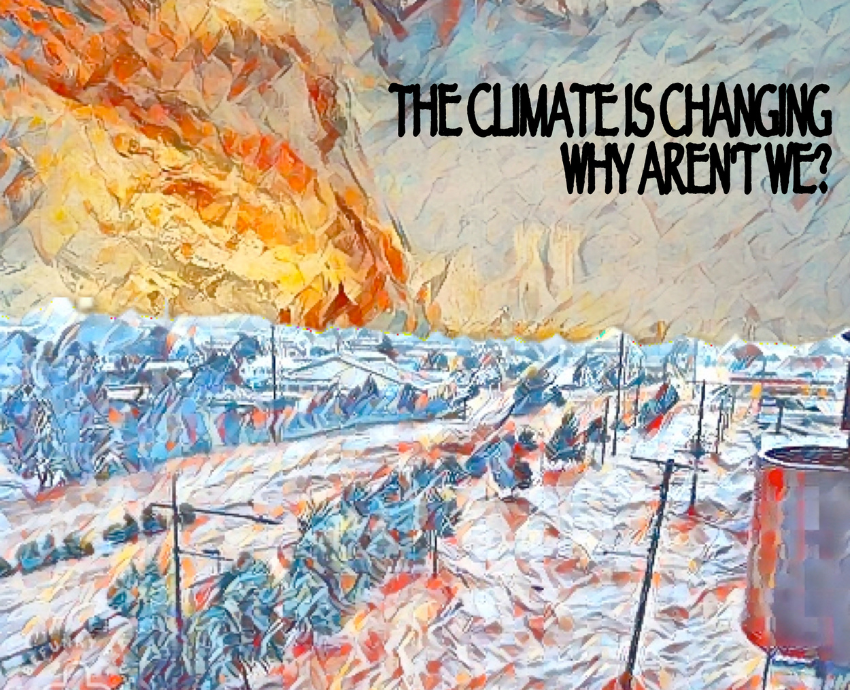
Australia lacks ambition and needs to do more in the global effort to stay below 1.5%°C, the United Nations said on the eve of its COP27 climate summit in Egypt.
The federal Labor government’s 43% emission cut by 2030 is wide of the mark, the UN said. For a safe climate, by 2030 emissions should be down to 75% below 2005 levels.
Th UN said that to achieve that, Australia needs to phase out all coal, oil and gas by 2030 and end fossil fuel subsidies before then.
Australia’s nationally determined contributions (NDCs) and targets are woefully low, especially for a rich country with access to plentiful benign energy.
NDCs are submitted to the UN every five years. They represent a country's efforts to reduce national emissions and are supposed to represent a real progression.
Of course, Labor could point to its predecessor’s even more woeful promise, at COP26, to cut emissions by 22.5% by 2030.
But this would be a cop-out. Australia can and must do more on the climate, as most say is necessary.
Record numbers are now “very concerned” about climate change, according to the Climate of the Nation 2022 report, released on November 3.
Richie Merzian, Director of Climate and Energy for The Australia Institute (TAI), said 75% of Australians are “concerned” about climate change and an even bigger percentage — 83% — are concerned climate change will result in droughts and floods, affecting crop production and food supply.
A very high 80% agree that climate impacts should be considered by the environment minister before approving new fossil fuel projects. This is known as the “climate trigger”.
Sixty-one percent support a windfall profits tax on the oil and gas industry. Support for this measure is broad, the report found, with majority support across age, state, gender and voting intentions.
TAI's report also found that most people believe the oil and gas industries employ 9.7% of the workforce, whereas the actual figure is 0.2%.
People also believe the coal mining industry employs 10% of the country’s total workforce, whereas it makes up just 0.3%.
The report found that 79% support a phase out of coal-fired power stations and 57% support the country following the International Energy Agency’s recommendation to not approve any new gas, coal or oil projects.
“Australia will struggle to be taken credibly as a clean energy export superpower while we remain a fossil fuel export superpower,” Merzian said.